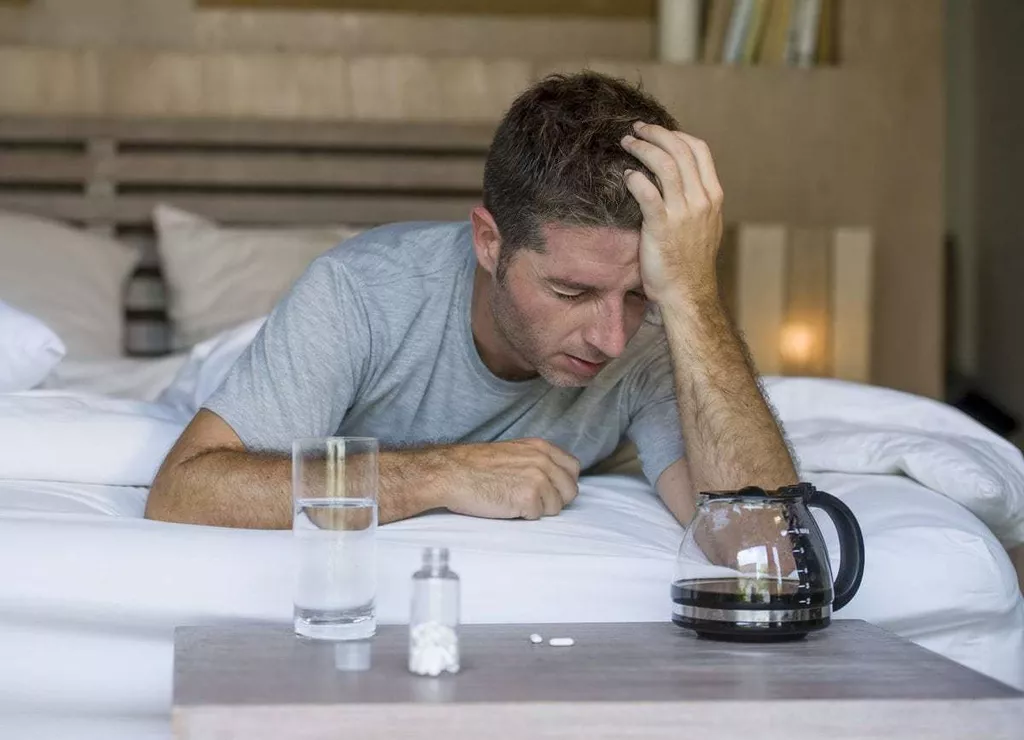
Pre-pandemic studies indicated that more than 85% of individuals relapse and return to drug use within one year of treatment. With the convergence of a pandemic and an addiction epidemic, those attempting to recover from substance use disorders (SUDS) are more vulnerable to relapse than ever before. According to the Addiction Policy Reform (APF) Survey, 1 in 3 report changes in treatment or recovery support services due to the COVID-19 pandemic.
Growing with the Support of Others

There are many ways you can incorporate meditation into your recovery. Increase people’s calm and resilience with our top 8 worksheets. It will be up to you to set a schedule, keep your rehabilitation on track, mark your milestones and maintain sobriety. So let’s begin Find a very comfortable position and make sure you will not be disturbed. In Recovery Dharma, we strive to sit with them, without turning to our addictions for relief. The important thing is to find whatever works for you—your special connection to that quiet place where you can become mindful, listen to your heart and renew your spirit again and again.
Managing Recovery During the Holiday Season
- Terry Hurley is a retired educational professional and freelance writer with more than fifty years of experience.
- Some provide structure, while others bring inspiration or spiritual guidance.
- Jotting down your meditation experiences in a simple journal can help you track your progress.
- Research shows that even a short daily mindfulness practice can significantly reduce alcohol consumption.
To overcome these challenges, it can be helpful to start with guided meditations or group meditation sessions. By committing to a consistent meditation practice, individuals can foster a durable mental state capable of withstanding the trials of life in recovery. Whether noticing the subtleties of breath during stressful moments or taking refuge in a moment of guided peace, meditators are equipped with a potent tool for navigating life with intention and clarity. If you or someone you know is on the path to recovery, consider extending a hand — or, in this case, a guided meditation video and article — as they trek this brave path of healing.

Outpatient Alcohol Rehab in Florida: Definition, How it Works, Types, Benefits, Treatment Approaches, Cost
In 2014, a randomized control trial (RCT), the gold standard trial for evaluating the effectiveness of interventions, was conducted by Bowen and colleagues. The study investigated how effective the Mindfulness-Based Relapse Prevention program would be compared to a standard relapse-prevention program and a conventional 12-step program. Six months following the intervention, the mindfulness-based program and the traditional relapse-prevention program were more successful at reducing relapse than the 12-step program. One year later, the mindfulness-based program proved to be more effective than the other two in reducing drinking and drug use.
Introduction to Mindfulness and Addiction Recovery
Through mindfulness meditation, you will examine your feelings, thoughts, and experiences with detachment and without labeling them. As you breathe deeply, you will allow any thoughts or sensations to pass with detachment – more on mindfulness meditation below. Drug addiction and substance abuse are all about escaping from something.
- Let Little Creek Recovery Center guide you down the right path to recovery, personal growth, and long-term sobriety.
- Some days feel easy, while others bring stress, triggers, or self-doubt.
- This meditation cultivates mindfulness, self-forgiveness, and inner strength.
- Six months following the intervention, the mindfulness-based program and the traditional relapse-prevention program were more successful at reducing relapse than the 12-step program.
- Creating a mindfulness log can track progress in emotional regulation and stress management, highlighting the journey of personal growth in recovery.
Category: Meditation for Addiction Recovery
Although definitive studies on meditation’s physical healing effects on injured athletes are lacking, there is evidence that mindfulness can help reduce pain perception. Overall, incorporating meditation into addiction recovery may support a healthier mind and body, facilitating the recovery process. The role of meditation and mindfulness techniques in a mindfulness practice in addiction recovery is multifaceted. It can help individuals reduce stress and anxiety in everyday life, regulate their emotions, and better understand their thoughts, feelings, and behavior patterns. Additionally, it can complement other addiction treatments such as therapy and medication to improve recovery outcomes. Meditation can play a significant role in addiction recovery by helping you develop greater self-awareness, manage stress and anxiety, and cultivate a greater sense of inner peace and well-being.
Other Proven Addiction Therapy Methods
Meditation can help individuals in addiction recovery to develop greater self-awareness by becoming more attuned to their thoughts, feelings, and behavior patterns. There are many ways to meditate – guided imagery, visualization, mantras, and mindfulness. Switch to a gentler form of meditation or talk to your support group. Meditation is widely known for its ability meditations for addiction to reduce stress by calming the mind and promoting relaxation. When we meditate, our bodies experience a relaxation response that lowers stress hormone levels like cortisol.
The Connection between Mindfulness Exercises and Recovery

If you’re unsure where to start, meditation is a great first step. Another study found that meditation strengthens the posterior cingulate cortex—the brain region that controls cravings. Cravings often start as physical sensations—tension, restlessness, or discomfort. This meditation cultivates mindfulness, self-forgiveness, and inner strength.

Know Your Triggers
- In essence, it not only sharpens concentration but also brings an overall improvement in mental clarity and efficiency in navigating daily challenges.
- Mindfulness-based interventions like mindfulness meditation have been proven effective for reducing relapse rates in those with substance use disorders (addictions).
- Meditation can help individuals in addiction recovery to develop greater self-awareness by becoming more attuned to their thoughts, feelings, and behavior patterns.
- Through practices such as meditation and mindful breathing, individuals develop a greater capacity to respond to trauma-related cues without automatically resorting to substance use.
As this happens, start setting intentions for yourself as you meditate – such as resolving to let go of anger or working on being more patient. Keeping a steady and calm breath while meditating will help you focus on the present moment. Focusing on your breathing is an old technique used in meditation, one that can also be incorporated into other Halfway house practices such as yoga. When you’re beginning your meditation journey, it’s important not to put too much pressure on yourself.
Reset Your Mind: Benefits of Inpatient Mental Health Care

Mindfulness is a centuries-old contemplative practice that can help you develop awareness, clarity and focus in your daily life. Today, therapies based on mindfulness are used effectively to treat addiction. In the context of addiction recovery, mindfulness can be considered a form of mental training. Here, the training is designed to get parts of the brain that have been impaired by persistent drug or alcohol abuse back in shape. Mental health professionals are increasingly advocating for mindfulness-based interventions (MBIs) as essential components of addiction treatment. Experts like Dr. Eric Garland from the University of Utah emphasize the substantial therapeutic effects of mindfulness techniques.


